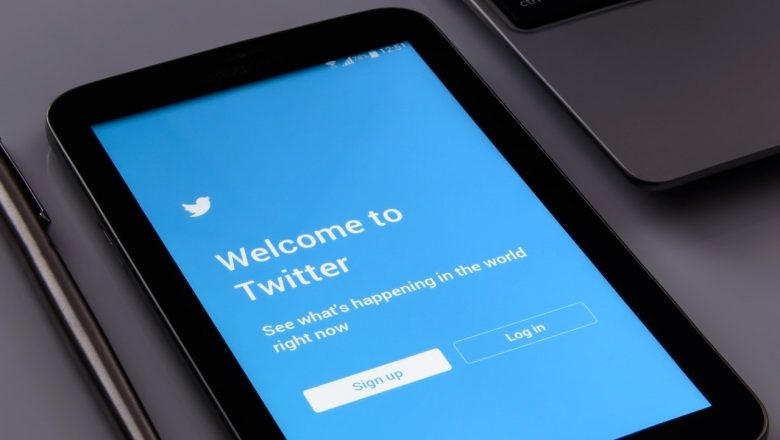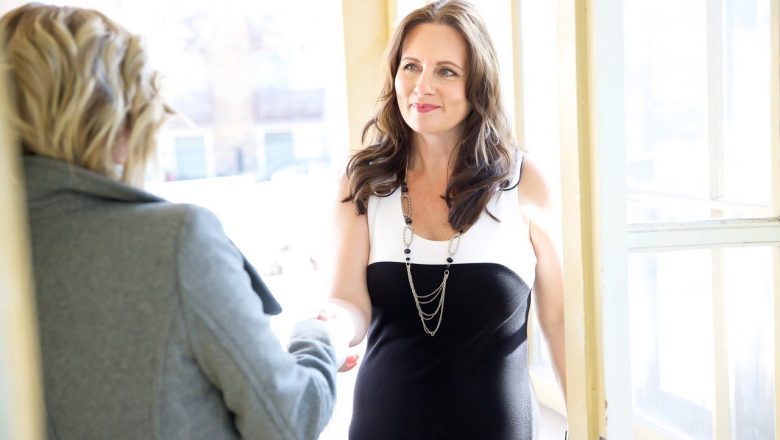On the “English Sparkling” Wine Trail in Kent
Great summer days out on the wine trail in Kent, seeking out the very best English Sparkling wines.
Professional B2B Copywriter and Content Writer

Great summer days out on the wine trail in Kent, seeking out the very best English Sparkling wines.

Autostadt in Wolfsburg is a must-see destination if you love cars.

If you're in Paris, make sure you put a visit to Marche d'Aligre on your agenda

It’s important for every small business to give careful thought as to what it puts on the “About” page of its website. After the Home page it’s often the page that site visitors will go to next. It’s one which can strongly influence the decision about whether or not to do business with you.
In other words it’s about credibility and trust. A visitor to your site will typically go to your About page to find out if you’re a business of substance. People only buy from businesses that they trust.

As an active networker I meet a lot of business owners in my local area (Kent and S.E. London). I usually ask business owners I haven’t met before how (or if) they do any marketing on Twitter.
Most of them tell me that they understand the marketing potential of Twitter. Many of them already have a Twitter account for their business, but a lot of them also tell me that they just don’t have enough time to manage this account properly.
It’s certainly true that building up a critical mass of quality followers on Twitter takes time and effort – there are really no easy short-cuts. Business owners will need to set aside some “Twitter Time” each day.

You’re looking at your website and thinking …it’s time it had a makeover. So you hire a web designer to do the design and development work for your new site. You quickly realise that web design work is expensive, so you try and reduce the project cost by writing the copy for the new website yourself.
Does this sound like you? Happy to spend lots of money on web design because you can’t do it yourself, but keen to write the copy because that’s the easy part, right?
Wrong!
The uncomfortable truth is that too many business websites fail to meet the basic expectations of their customers and it’s often poor writing that’s to blame. If the information on a website is poorly written, badly organised or just hard to find this is a sure-fire way to drive potential customers away.

UK localisation is not some Government policy intended to ensure that only local people get jobs. It’s actually the process whereby products, services, software, websites and text documents are adapted to the language, culture and “look-and-feel” of a particular country, in this case the UK.
When localising any product or service for the UK, translation alone tends not to be enough. The ultimate objective of localisation is to make sure that the product or service appears to have been developed locally, by local people for local people.

There are a lot of people out there who design new websites, either as their main line of business, or as a sideline. Which is great. With so many people doing this work, and the wide array of website design packages available, you can get a new website built and hosted for a very reasonable price these days.
There’s a potential problem though. Most people think they can write good web copy, so they decide to do a DIY job on the web content in order to save a few hundred pounds. I come across many posts on social media saying something like: “I’d really love it if you’d have a look at my new website.” So I do. And often I’ll find a website with great graphics, dazzling imagery and fancy things happening when you click on an image or a link.

I was recently asked by a client in the United States to review about 50 pages of content on their U.S. website and edit this so that it would be suitable for a British audience.
I’d assumed that this would be a fairly straightforward task involving making all the obvious spelling changes: making sure that words like “color” and “flavor” had a “u” in them; changing “center” to centre, “toward” to towards, “program” to programme and amending words like “organization” and “specialize” to the British spelling. But the work actually turned out to be a lot more time-consuming than I’d anticipated.

As a financial copywriter I must often interview people face-to-face in order to be able to complete my work, whether it’s for a magazine article, an annual report, a press release or anything else.
Although they’re harder to arrange and take more time, I’ve always found that face-to-face interviews get the best results. They’re far better, certainly, than interviews conducted over the phone or on Zoom.
Most people are happy to give interviews and will communicate freely and openly. I do though sometimes encounter interviewees who are a little reticent, perhaps through their natural shyness or concern about being misquoted.